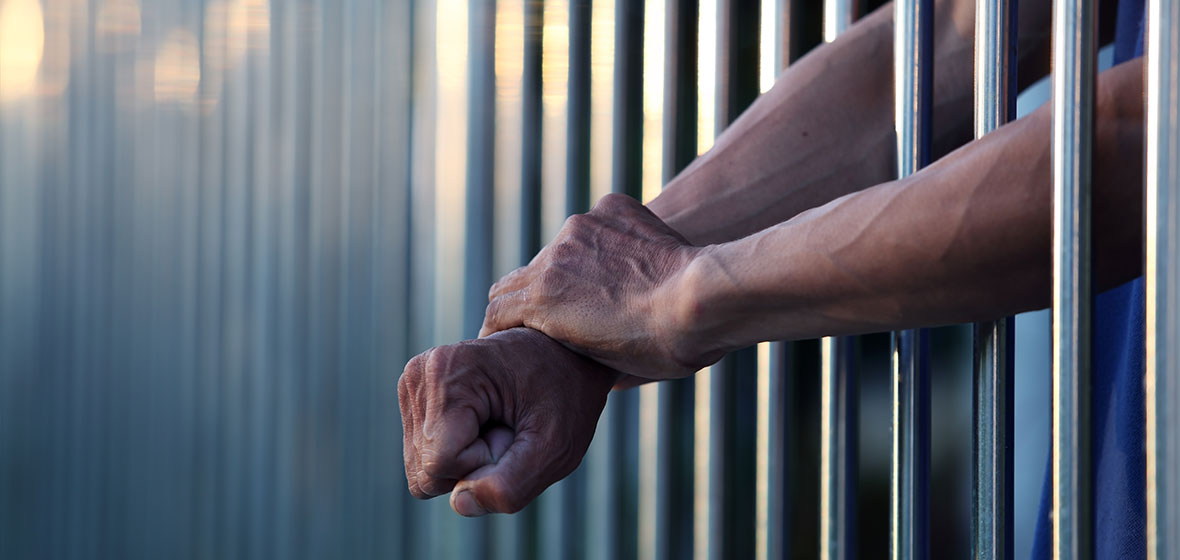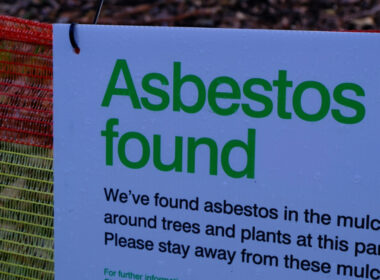The High Court has handed down its highly anticipated decision in ASF17 v Commonwealth of Australia, and the capacity of an individual to cooperate with their removal is key.
According to a refugee law expert, people held in immigration detention who do not have the capacity to cooperate with their removal from Australia, should be released.
Following the High Court’s ruling, immigration detainees who do not cooperate with their removal from Australia may be held in indefinite detention.
However, a distinction has been made between a person who is refusing to cooperate and one who is unable to due to a lack of capacity.
According to Dr Daniel Ghezelbash, Associate Professor and Deputy Director of the Kaldor Centre for International Refugee Law at UNSW Sydney, “[t]here will need to be a case-by-case assessment of the reasons for this non-cooperation, and at a minimum, the government must immediately release those who do not have capacity to cooperate with their removal”.
Refugee law experts and legal practitioners have been eagerly awaiting the outcome in ASF17.
“At stake in ASF17 was whether people in immigration detention must be released if their refusal to cooperate has prevented them from being deported,” says Ghezelbash.
ASF17 is a citizen of Iran and except for a short period between 2013 and 2014, he has been held in immigration detention continuously since his arrival in Australia. During interviews with Department officers, he stated he would not voluntarily return to Iran and would agree to be sent to any country other than Iran.
Iran has a policy of not issuing travel documents to involuntary returnees.
The High Court found ASF17 could be removed if he cooperated in the process of obtaining the necessary travel documents, but he chose not to cooperate. The Court stated he “has the capacity to change his mind. He chooses not to do so”.
“The [C]ourt found that immigration detention is lawful where a person is ‘voluntarily’ refusing to cooperate in their removal,” says Ghezelbash.
The implication is that “up to 200 people may remain indefinitely detained,” says the Human Rights Law Centre (HR Law Centre).
In arriving at their conclusion, the Court considered NZYQ v Minister for Immigration, Citizenship and Multicultural Affairs (2023) 97 ALJR 1005 (NZYQ). In NZYQ, the High Court found it is unlawful to indefinitely detain people in immigration detention.
“After NZYQ, it was an open question as to how the test [in NZYQ] would extend to individuals who cannot be removed due to non-cooperation,” says Ghezelbash.
“[T]he cooperating element is key here. If a person cooperates, but they are still not able to [be] removed because they will not be accepted by their country of origin (or any other country), then they will still need to be released under the NZYQ decision,” he says.
“The exception is around ‘capacity’. Non-cooperation must be voluntary, and this will not be the case if for example, [it is] due to medical incapacity or psychological illness.”
The High Court found that ASF17 was capable of providing the assistance required to remove him and he did “not to have a genuine and well-founded fear of persecution in Iran”.
The implications of this decision may be broader. The Migration Amendment (Removal and Other Measures) Bill 2024 (Migration Bill), which is currently before the Senate, applies to the same group of individuals who will be affected by the High Court decision.
A likely effect of the Migration Bill is that it may coerce “individuals to cooperate in their removal with the threat of mandatory prison sentences, as well as using the threat of travel bans to compel other governments to accept returns,” says Ghezelbash.
“Immigration detention has destroyed people’s lives, caused lifelong physical and psychological harm, and separated families,” says the HR Law Centre. The High Court’s decision will mean “up to 200 people who are currently detained for refusing deportation may remain locked up for the rest of their lives,” says the Centre.
The Government has welcomed the High Court’s decision.
“Community safety continues to be our highest priority and we will continue to take all necessary steps to keep Australians as safe as possible,” says Andrew Giles, the Minister for Immigration, Citizenship and Multicultural Affairs.




